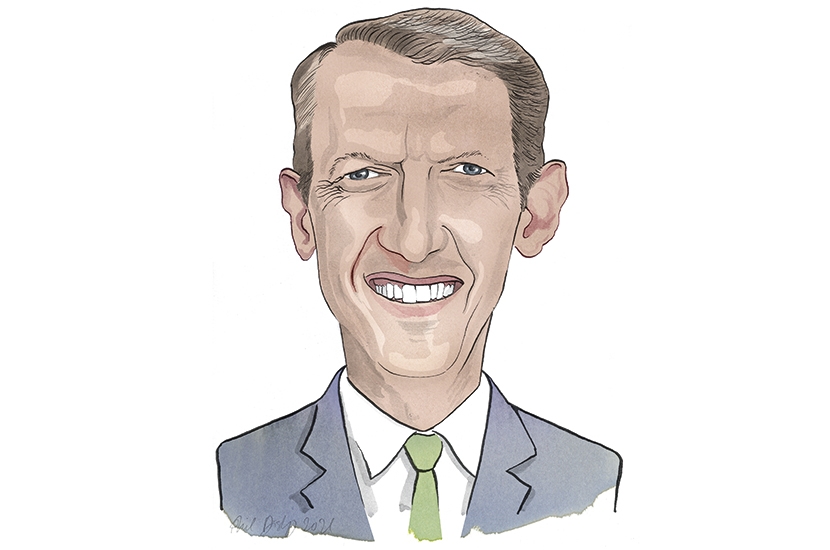Britain’s economy is growing at the fastest rate in 200 years. Job adverts are 29 per cent above their pre-pandemic levels and employers say they can’t reopen because they can’t find staff. Wages are rising at the fastest rate in ten years. But here’s the question: how much more support does the economy need from the Bank of England’s printing press? Should the BoE stick to its pledge to bring QE up to £895 billion or stop £50 billion short? Its members met to discuss this last month and decided (as they always do) to press ahead — by eight votes to one.
The dissenting vote — the first time a member has voted to roll back QE — was cast by Andy Haldane, the Bank’s chief economist, who has been working for the institution for more than 30 years. He narrowly missed out on being made governor in 2019. A few months ago, he announced he was leaving to run the Royal Society for Arts. This places him in a highly unusual position for a central banker: he is able to speak his mind. ‘It’s real money,’ he tells me when we meet at The Spectator. ‘We absolutely should be asked to account for what impact our actions have had.’
These actions have saved the government: had the Bank not printed more than £400 billion, Rishi Sunak may not have been able to pay the wages of millions of people for over a year. They have accelerated political shifts too: supposedly conservative politicians can’t name a single infrastructure project they’d cut or a spending programme they might trim in response to the £300 billion we’ve just borrowed. Haldane has come to believe that it’s time to draw the line.
The pandemic could spring us into another Roaring Twenties, as people make up for lost time
‘It wasn’t clear that the additional stimulus, the additional fuel needed to be poured on what was a pretty well-stoked fire already,’ he says.








Comments
Join the debate for just $5 for 3 months
Be part of the conversation with other Spectator readers by getting your first three months for $5.
UNLOCK ACCESS Just $5 for 3 monthsAlready a subscriber? Log in